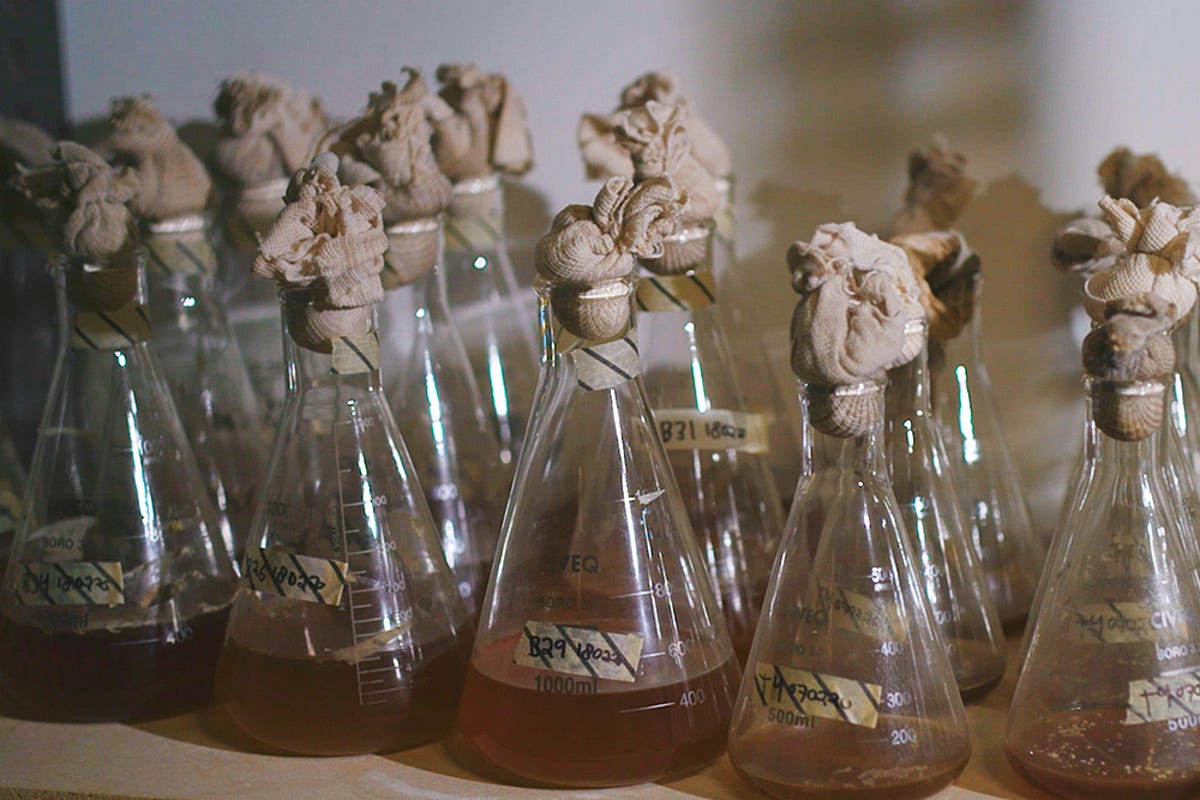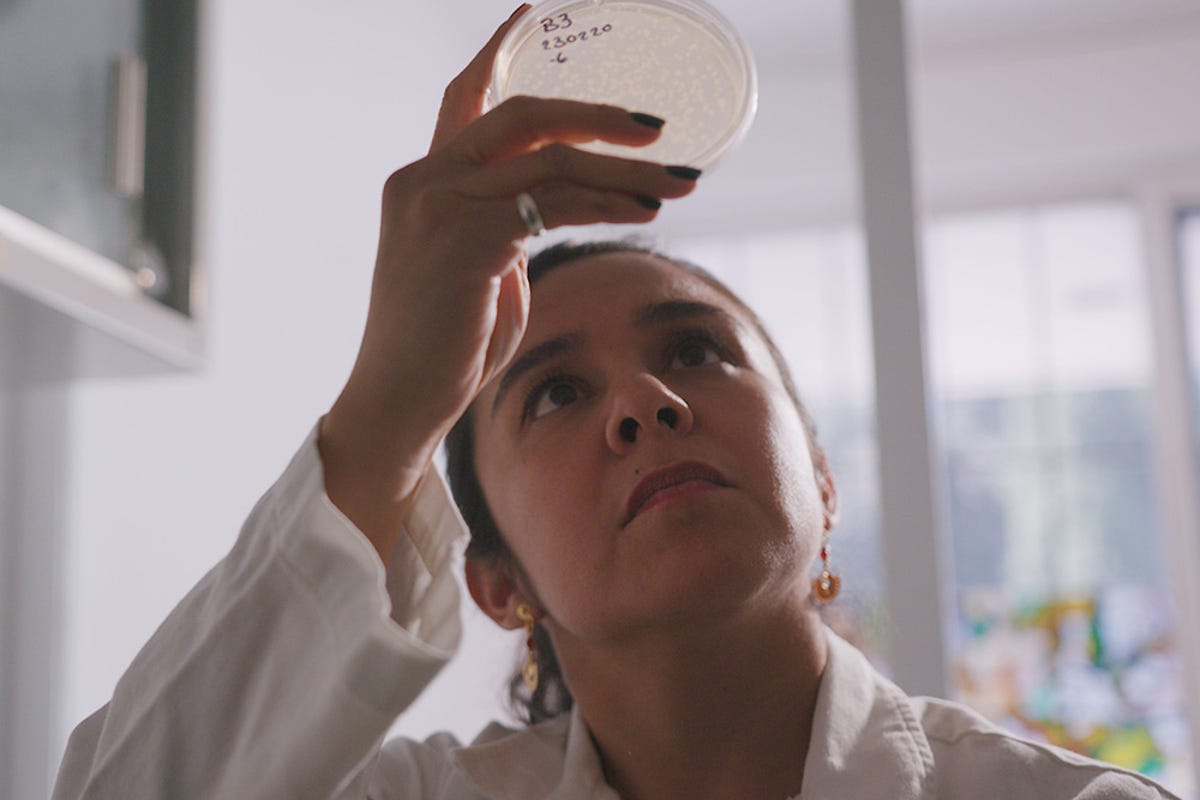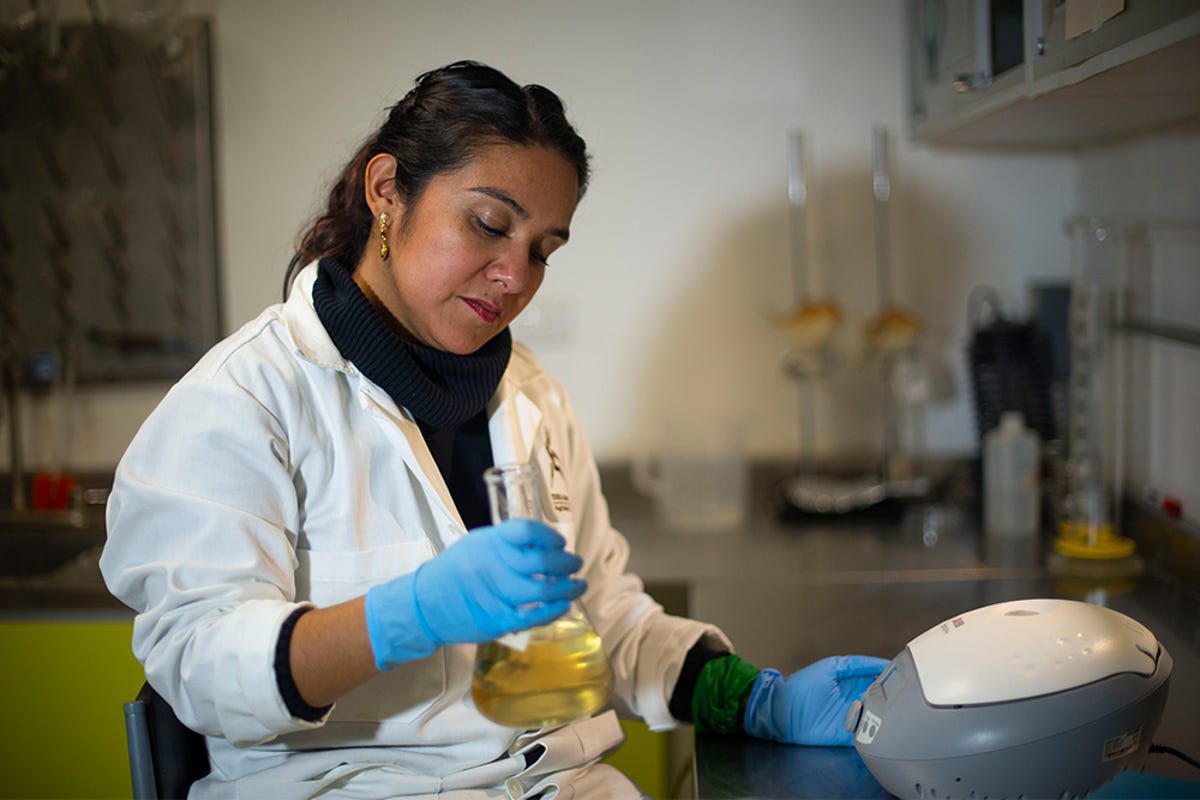Fellow Portrait
Adriana Luna Diaz
Tierra de Monte
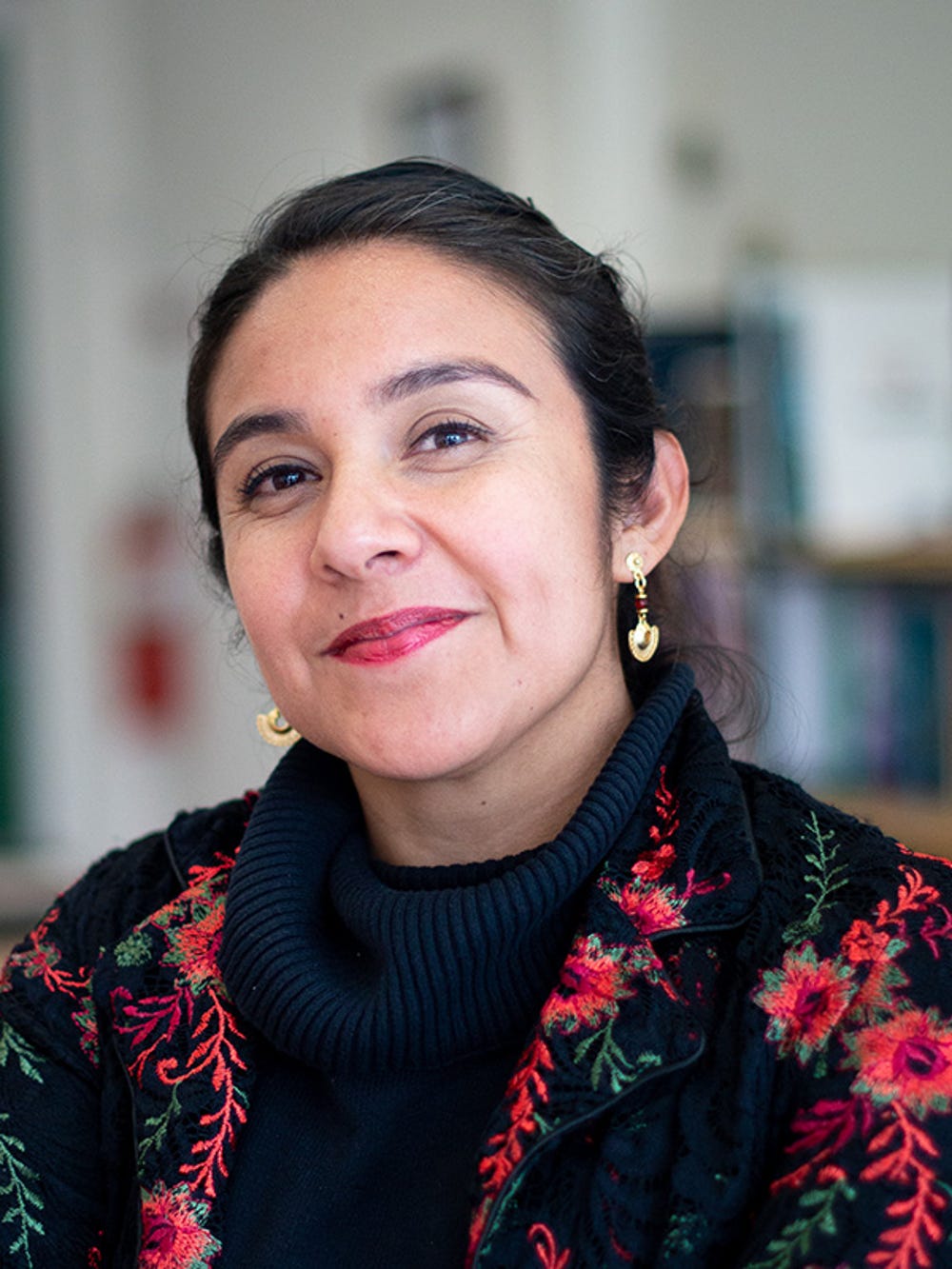
Creates agricultural products that renew biodiversity and soil fertility, fortifies and protects crops, and empowers the farmers who use them.
Latin America and the Caribbean
Mexico
FELLOW
2020
Updated March 2020
The Consequences of an Agricultural Ecosystem Out of Balance
Taking care of crops should not require workers to clothe themselves in protective gear. Yet farm workers in Mexico—and around the world—are forced to wear hazardous materials suits to shield themselves from the toxic chemicals they must spray on crops every season. While pesticide treatment may increase yields in the short term, the long-term effects on soil fertility, ecosystem vitality, and human health are devastating. These consequences are being seen now: Loss of soil fertility is the number one cause of forced migration in Mexico and agrochemicals cause 100 times more deaths worldwide than Ebola.
Agriculture is one of the main sources of pollution, migration, poverty and violence. At Tierra de Monte, we strive to make agriculture a source of freedom and well-being for everyone.
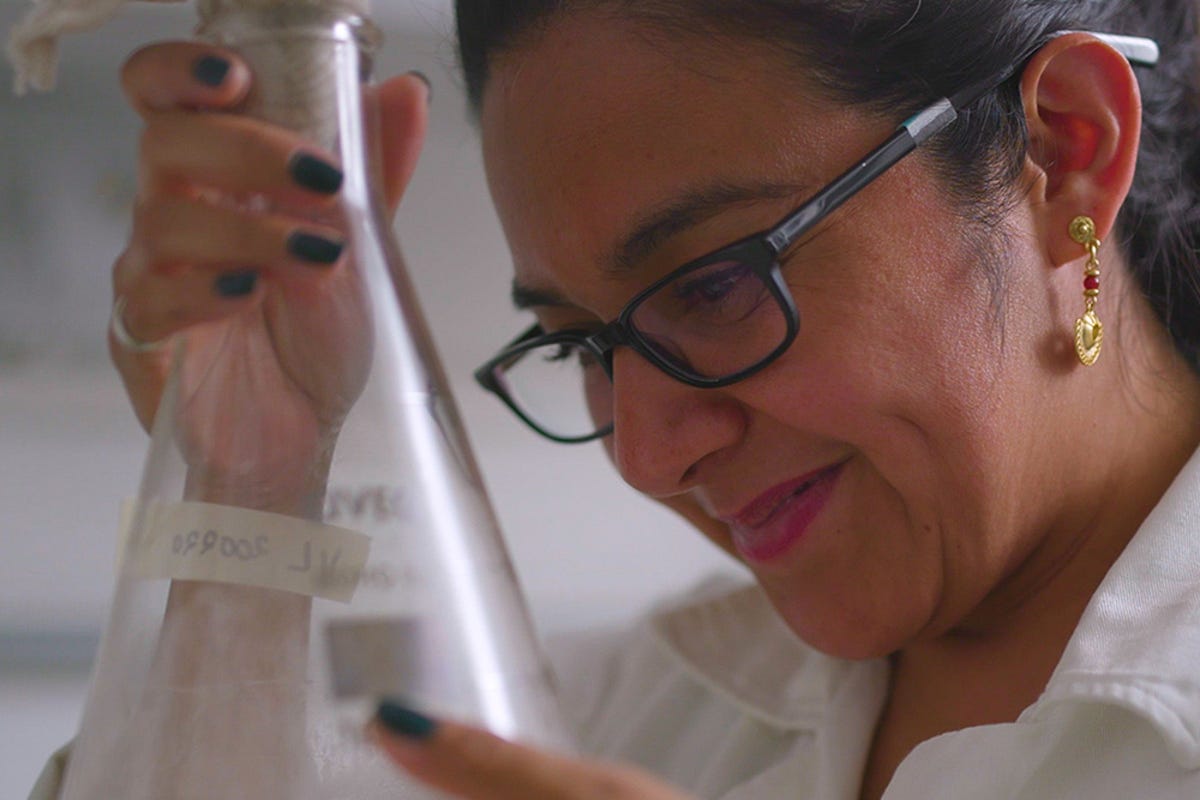
Transforming Conventional Agriculture in Mexico
As a microbiologist specializing in restoration ecology and soil remediation, Adriana Luna Diaz is all too familiar with the ecological devastation caused by agricultural chemical use and its disproportionate effect on the poor. In 2009, she moved with her husband to Sinaloa, Mexico’s largest agricultural region. She worked with indigenous communities, while her husband worked with farmers growing high-end organic products for export. The couple experienced the extremes of the agricultural spectrum: large, well-funded ventures at one end and small, impoverished operations at the other.
In 2010, Adriana witnessed the ravages of a lethal frost in Mexico’s northern agricultural region. Large agribusinesses and ranches, supported by insurance and government payments, suffered little. “But small and medium landholders lost everything,” Adriana says. “My husband and I decided we had to do something.’”
The urgency to act increased after the couple’s first child was born. Their daughter was allergic to many foods and chemicals, among them common items such as animal proteins, soy, and citrus, as well as food dyes and agrochemicals. Adriana changed her diet, grateful she could find and afford organic foods. She realized only after moving back to Mexico City that the agricultural region’s heavy use of chemicals had caused their daughter’s ill health. “It’s not fair that eating without poison is a luxury only rich people can afford. It can’t be possible that something that is supposed to nourish you will kill you.” Furthermore, she says, “We witnessed firsthand how the agricultural system is a source of great inequality.”
Typically, Mexican farmers receive a package including seeds, fungicides, and pesticides—everything needed to plant crops, all supported by government loans. Unfortunately, many organisms have developed resistance to pesticides. Small producers suffer as yields fall and crops become more vulnerable to frosts, pests, or droughts.
Adriana drew on her knowledge of the economy and the food production system to found Tierra de Monte in 2015. Using region-specific bacteria and fungi, the company creates soil inputs and pest control products that are easy to use, cheap, effective, and totally safe. Unlike chemical fertilizers and pesticides, the company’s products enhance the soil’s long-term biological productivity.
The company spends little on traditional marketing or advertising, leaving more to invest in research and development. Instead of a sales force, allies from various backgrounds distribute products to farmers. “One of our allies used to be a taxi driver, another was an oceanographer, another was an industrial engineer,” Adriana says. “Because our allies are local, they have the trust of agricultural producers in their area and they have an incentive to keep toxic chemicals out of the soil and water.”
Our daughter was allergic to a lot of things, including pesticides… we were surrounded by these intensively cultivated agricultural lands that were subject to a constant and heavy use of agrochemicals.
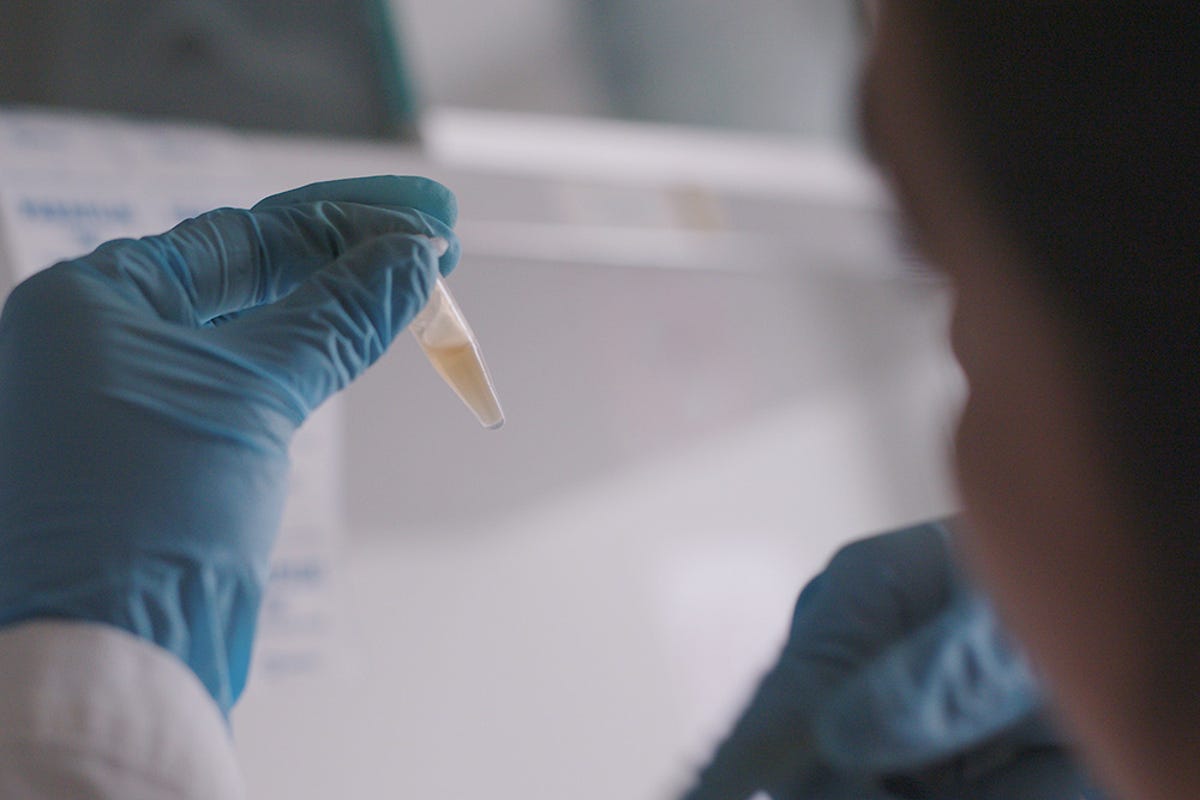
Making Organic the New Normal
Last year, Tierra de Monte prevented the use of 56,000 liters of pesticides, including fungicides, insecticides, and other biocides. “We have impacted around 10,000 people, between the farmers, the allies, their families, and their immediate communities,” Adriana says. “On average, the farmers that have worked with us have saved around 35 to 40 percent in management, fertilizers, or pesticides cost, and they have increased their yields on average around 45 percent.”
The company works mostly with conventional rather than organic farmers. “We believe that if we want to transform agriculture, we have to do it step by step. If the way we work is kind, fair, and easy for the producer, then organic will become the new normal.”
We have impacted around 10,000 people... On average, the farmers that have worked with us have increased their yields by 45 percent.
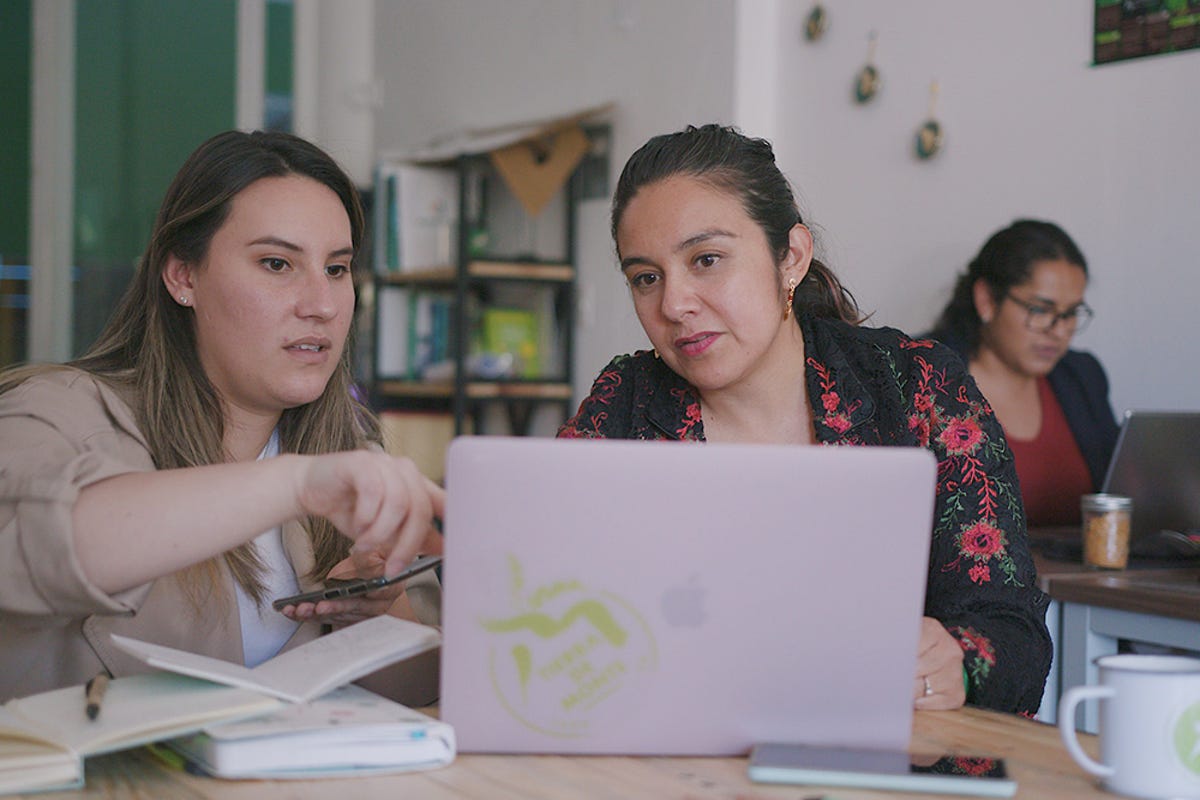
Aiming for Sustainability in Mexico and Around the World
Tierra de Monte has several growth initiatives underway, including a project to maximize the profitability and sustainability of agriculture and a move to a new facility that relies on solar energy and rainwater capture. The company plans to recruit two allies in Europe in the next five years and eventually expand to Africa, India, and Southeast Asia, where the problems of poverty, soil depletion, water scarcity, and hunger are just as acute as in Mexico.
We’re talking about a life and death situation. It can’t be possible that something that is supposed to nourish you will kill you.
